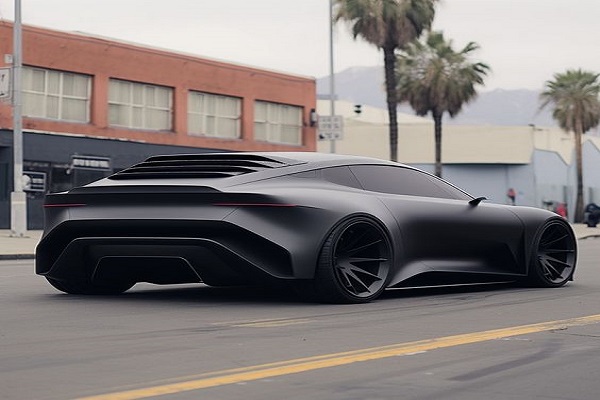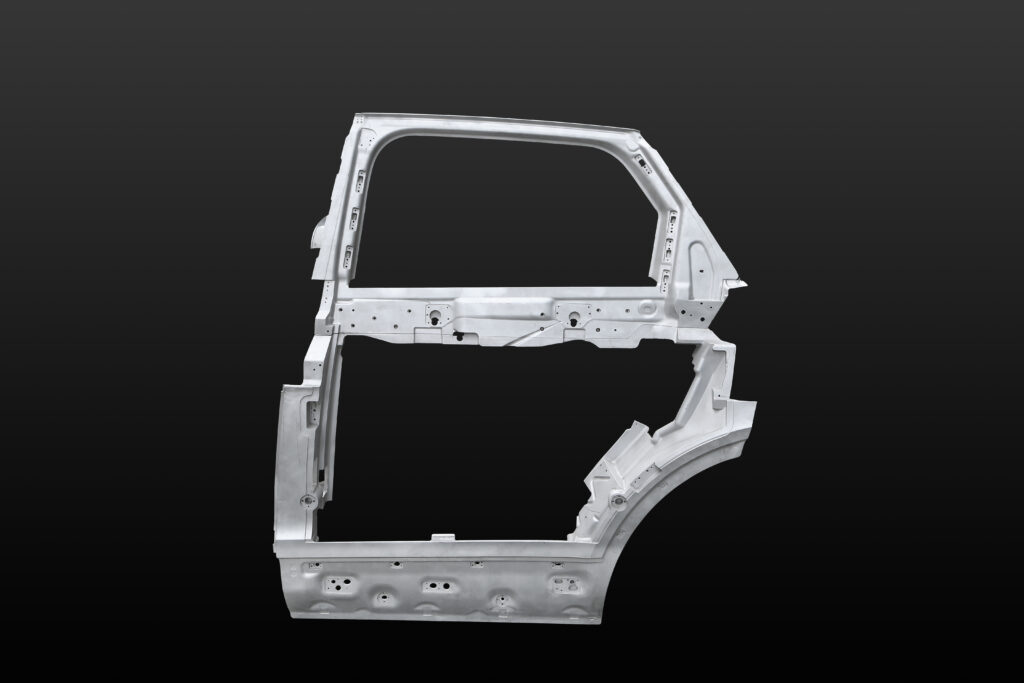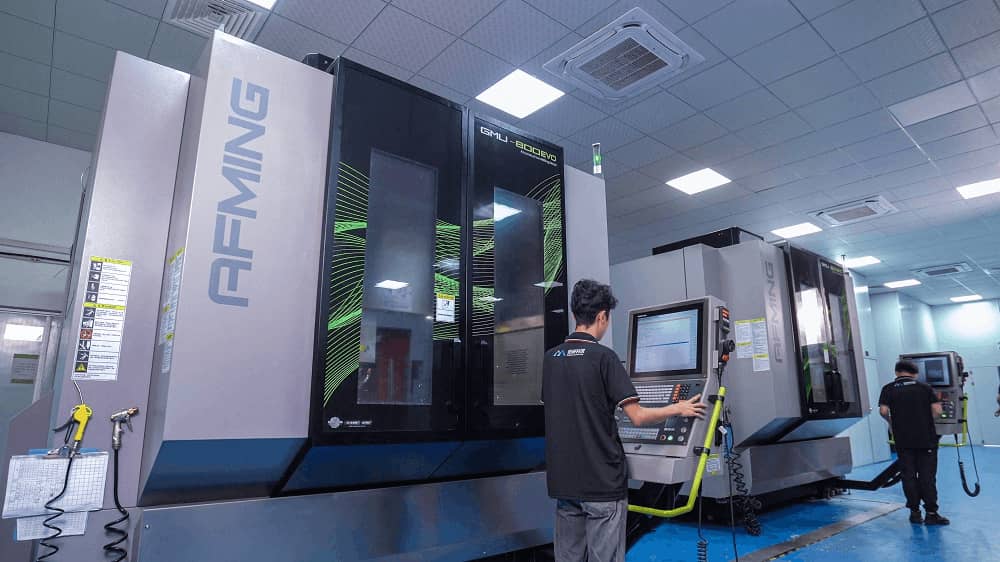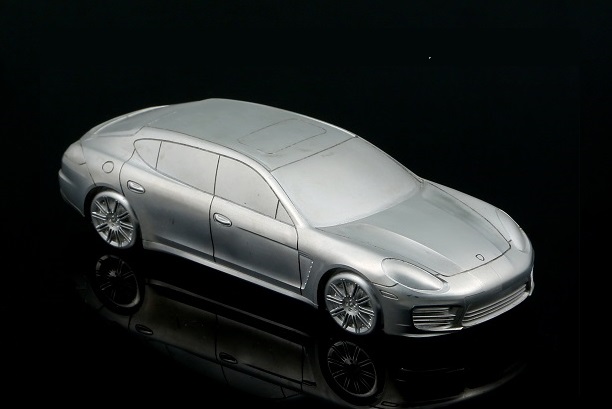Precision sheet metal fabrication is one of the most important processes in automotive engineering, which makes it possible to fabricate highly accurate and durable parts for upgrading overall vehicle performance, safety, and efficiency. The entire process of prototyping with sheet metal helps the manufacturer to make such highly accurate metal components that can be tested piece by piece for meeting severe quality parameters so that every piece of the vehicle would contribute to its reliability, safety, and efficiency.
Let’s have a look at the top applications of sheet metal prototyping.

Applications of Precision Sheet Metal in Automotive Engineering
Precision sheet metal manufacturing is a very crucial part of every stage of the vehicle, such as:
Body Panels
Sheet metal fabrication of automotive body panels shows their precision in the exact fit and finish demanded by today’s competitive automobile market. Precision sheet metal fabrication enables the manufacturer to design panels that satisfy rigorous aesthetic requirements while still serving structural stability or other functions.
Chassis Components
While any automobile’s framework is concerned, the chassis needs to have strength with flexibility. Precision fabrication sheet metal prototyping helps engineers create high-strength metal parts that form a reliable structure while keeping the weight in check. This has always been a prime factor in the manufacturing of automobiles because the lighter yet stronger chassis can support better fuel economy without sacrificing stability or strength.
Interior Parts
The requirement of precision in various vehicle elements, like brackets, dashboard supports, and seat frames that should exactly fit in the vehicle, cannot be compromised. The use of precision in these components provides added comfort and general durability to the vehicle and enhances the driving experience without adding extra weight to the vehicle.
Types of Sheet Metals in Fabrication: Pros and Cons
Sheet metal fabrication in prototyping can be performed using various kinds of metals. Each has specific characteristics which make it special for certain needs, including the following:
Stainless Steel
Stainless steel is a standard material in sheet metal manufacturing due to its strength. It shows great resistance to rust and corrosion. Its high strength makes it suitable for parts that need to resist high levels of stress and temperature variations. However, it is heavier, which can negatively impact general fuel efficiency in the vehicle.
Titanium
Titanium is a metal known for blending lightness with strength. Its natural resistance to corrosion at extreme conditions is yet another added advantage of this material. Yet, its major drawback falls to the zone of purchasing cost, making its applications limited to special parts only.
Copper
Copper is noted to be one of the best conductors of electricity and, as such, is considered suitable for most electrical components used in a vehicle. Relatively easy to work with and a good level of malleability make copper particularly useful in fabrication. However, it is somewhat heavier than many other alternatives. Over time, it has a tendency to corrode.
Brass
Brass is resistant to corrosion and is an attractive metal that is normally used in automobile parts for decoration or interior use. It is cheaper to produce, easier to fabricate, appealing, and not easily tarnished, all of which make brass a popular material for many parts. Consequently, brass is nowhere near as strong as steel or titanium.

Impact of Sheet Metal on Car Performance
Sheet metal prototyping fabrication has an impact on car performance in many ways. Check them out below:
Safety Features
Precision sheet metal fabrication makes the car safer by reinforcing the structure with high-strength steel and advanced materials. Hot stamping creates strong parts that improve crashworthiness so passengers are protected in the event of an accident.
Aerodynamics
This fabrication process improves the overall aerodynamics of the car. By making the car body sleeker, it reduces air resistance and improves fuel efficiency.
Weight Reduction
Using lightweight materials in sheet metal fabrication reduces the weight of the car, and performance, and emissions improve. Weight reduction also means better acceleration and handling and a greener driving profile.
MY Prototyping Recommendation
MY Prototyping offers top-tier custom sheet metal fabrication services to meet your unique specifications. From prototypes to full-scale production, MY Prototyping combines advanced technology and industry expertise to deliver exceptional results. With a streamlined quotation process, you can easily receive a detailed quote within 24 hours, with some projects moving from design to completion in as little as one day.

Backed by ISO 9001:2015 certification, MY Prototyping emphasizes quality at every stage and employs advanced processes like laser cutting, bending, and tube laser cutting to ensure accurate and durable parts. With 24/7 engineering support and a range of materials like stainless steel, titanium, copper, and brass, MY Prototyping offers flexibility in material choice and finish.
Wrapping Up
MY Prototyping is a trusted leader in precision manufacturing and provides rapid and high-quality prototypes and production parts designed according to your highly customized needs. With over 14 years of experience, we empower businesses to bring their ideas to life efficiently and effectively.






